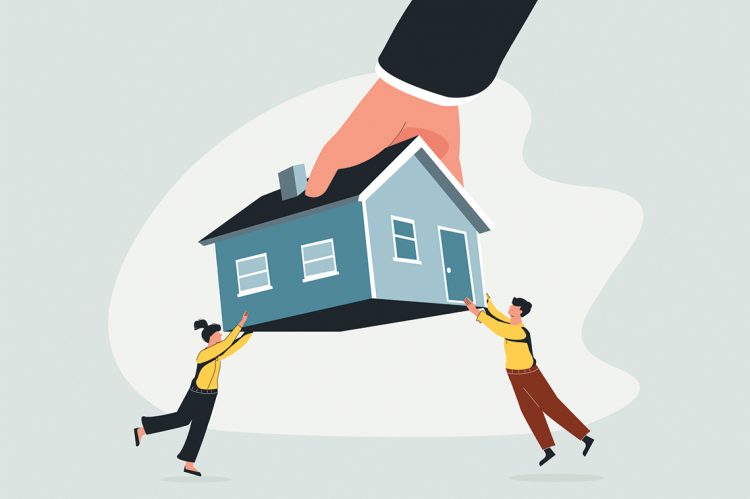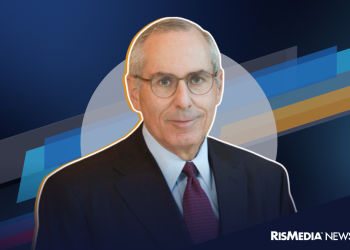The early 2000s housing crisis left many Americans financially devastated after losing their real estate investments and homes. It’s no surprise that people are still wary of this crisis repeating itself whenever there’s an extreme flux in the housing market—like our current market, almost two decades later.
However volatile our current market may be, it’s important to note that we are not doomed to repeat the 2000s housing crisis. Let’s explore where these two instances differ and why current homeowners should rest assured that history will not repeat itself.
What happened during the 2000s housing crisis?
There were a few key factors that contributed to the housing crisis in the early 2000s, beginning with skyrocketing rates of mortgage fraud, which caused an earlier recession and led to the Federal Reserve lowering its interest rates from 6.25% to 1% in an attempt to put off inflation. This caused the cost of lending to increase, with many borrowers seeing a 60% increase in repayment.
It didn’t help that the Federal Reserve was not strictly regulating the loan screening and approval process, allowing banks to approve risky mortgages. Inevitably, when people could not make their mortgage payments, the housing bubble burst, and thousands of homes were foreclosed upon.
Why is this current housing crisis different?
It’s understandable why people are worried that the 2000s housing crisis will repeat itself due to the increase in foreclosures following the pandemic. In the first quarter of 2022, the moratoriums that allowed homeowners to pause their mortgage payments for 18 months if they suffered from pandemic-related hardship expired, leading to an increase in foreclosures. However, the situation is not nearly as bad as before. Here’s why.
First, real estate foreclosures are approximately 57% of what they were in 2020. So, even though foreclosures increased when the moratoriums expired, the number of people who could not afford their mortgage payments was still lower than the number who could not afford them before the pandemic.
Secondly, buyer demand is still high, which means that those who cannot afford to pay their mortgage can opt to sell their house instead. This prevents further foreclosures and helps to maintain some stability. Additionally, most people facing foreclosure have positive equity in the house.
Finally, banks are stricter when it comes to the loan screening process and approvals, limiting the amount of “risky mortgages” that could lead to foreclosures if the market suddenly inflated again.
While there are still people facing foreclosure, the process has extended to a couple of years, and there are more options for homeowners to bounce back.
As the local real estate expert, knowing how to answer questions about issues such as the housing crisis can help you build your reputation.
As part of the Colibri Real Estate family of premier education brands, McKissock Learning helps hundreds of thousands of real estate professionals each year achieve sustainable success throughout each stage of their career via continuing education and professional development courses.












